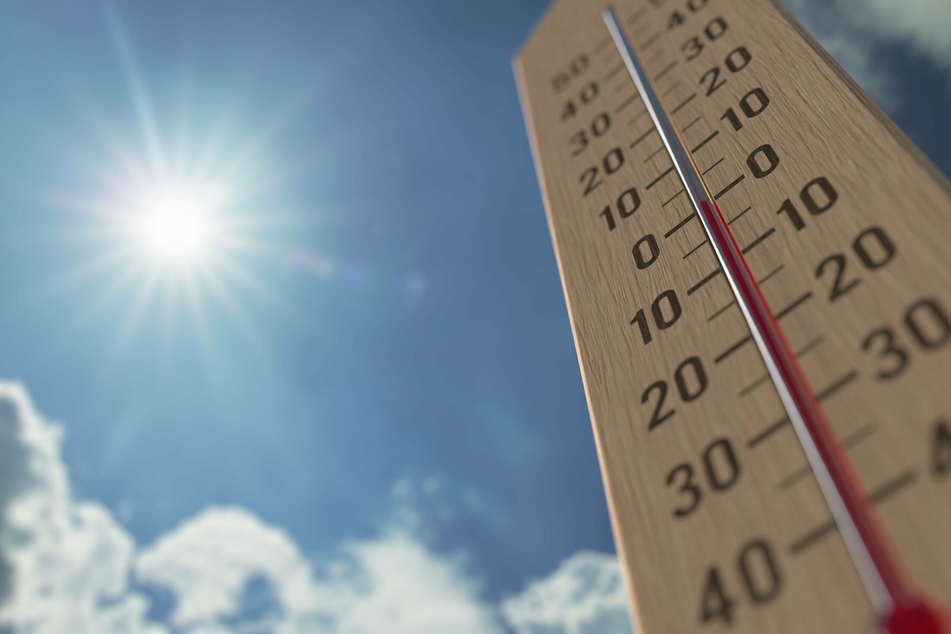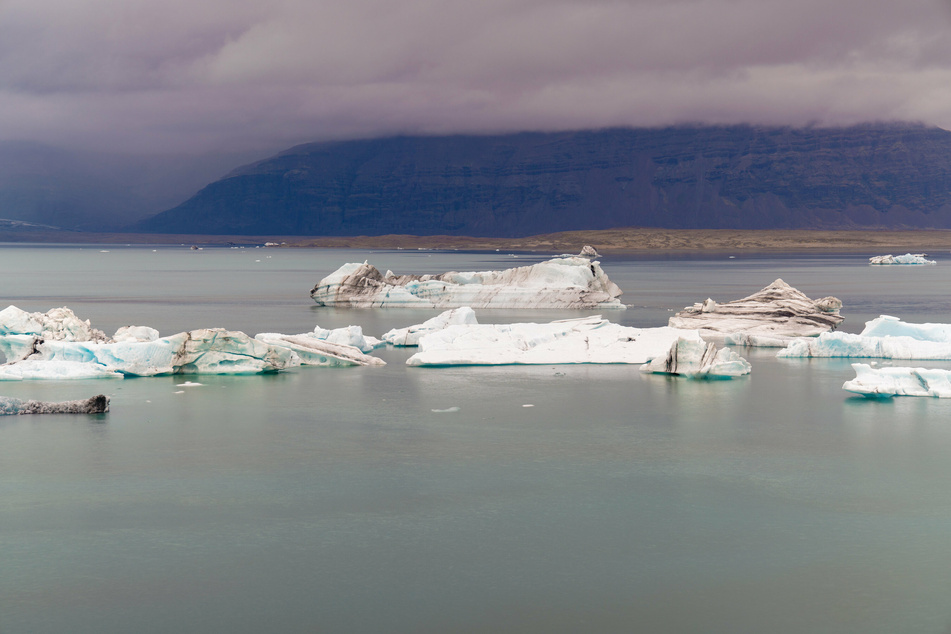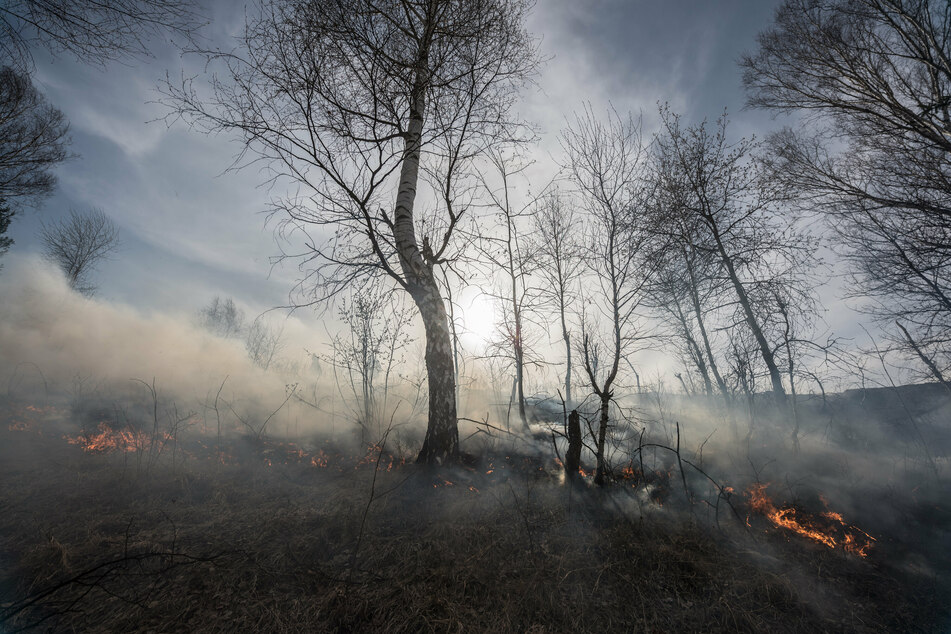UN climate report issues a "code red for humanity"
Geneva, Switzerland - A report by a UN scientific panel called changes to the climate "unprecedented," said it was "unequivocal" humans were to blame, and projected that rapid emissions cuts were required or the world would soon blow past the Paris Agreement's warming threshold.

UN Secretary General Antonio Guterres said the report by the Intergovernmental Panel on Climate Change (IPCC), which described some consequences of Earth's warming as now irreversible, was a "code red for humanity."
The document comes three months before world leaders gather in Glasgow, Scotland, to forge a new plan to limit global temperature increases as record-breaking fires, floods, and droughts make daily headlines around the world.
"The scale of recent changes across the climate system as a whole and the present state of many aspects of the climate system are unprecedented over many centuries to many thousands of years," said the Geneva-based IPCC's report.
The report's authors assert that, given the available evidence, they have "high confidence" that atmospheric carbon dioxide concentrations were higher in 2019 than at any point in at least 2 million years, while the global surface temperature has "increased faster since 1970 than in any other 50-year period over at least the last 2,000 years."
The report was compiled by 234 experts from 66 countries and is the most comprehensive to be released by the UN panel since 2013.
The IPCC cites other historic human-driven climate trends, including that annual average Arctic sea ice between 2011 and 2020 was the lowest since 1850 and the global sea level has "risen faster since 1900 than over any preceding century in at least the last 3,000 years."
Human influence is "very likely the main driver"

"The alarm bells are deafening, and the evidence is irrefutable," Guterres said.
"This report must sound a death knell for coal and fossil fuels, before they destroy our planet. If we combine forces now, we can avert climate catastrophe."
Human influence is "very likely the main driver" of the retreat of glaciers across the globe over the past three decades, the melting of Greenland’s mammoth ice sheet, and the decrease in spring snow cover in North America.
In the 2015 Paris climate accord, nations set a target of staying below 2 degrees Celsius, and preferably below 1.5 degrees, above pre-industrial levels.
If not, the consensus is that extreme weather, including droughts and flooding, will become even more common, sea levels will rise, Arctic ice will diminish, and many plants and animals will be unable to adapt.
By 2040 or earlier, the increase in the global average temperature is all but certain to meet or exceed the 1.5-degree threshold under every emissions scenarios modeled by the IPCC.
Earth is on pace to exceed 2 degrees of warming "unless deep reductions in carbon dioxide and other greenhouse gas emissions occur in the coming decades," the models projected.
Greta Thunberg says the report reveals "no real surprises"

"Global surface temperature will continue to increase until at least the mid-century under all emissions scenarios considered," the IPCC wrote, referring to new climate model simulations that evaluate the impact of various rates of future annual emissions, from very high to very low.
Under the very highest emissions scenario, the global temperature was modeled to rise as much as 5.7 degrees by the end of the century. Under the very lowest emissions scenario, the number could be kept to between 1 and 1.8 degrees by 2100 compared to pre-industrial levels.
Swedish activist Greta Thunberg said the long-awaited report contained "no real surprises."
"It confirms what we already know from thousands of previous studies and reports – that we are in an emergency," she posted on social media.
A slew of recent disasters has once again underscored the urgency of the crisis, from the wildfires and heatwaves scorching southern Europe and North America's west, to widespread flooding in China and Germany.
Human-triggered climate change is "affecting every inhabited region across the globe" and causing weather extremes – such as heatwaves, heavy precipitation, droughts, and tropical cyclones – to become more frequent and intense, said Monday's report.
Looking ahead to the global climate summit in Glasgow in November, British Prime Minister Boris Johnson said the report served as "a wake-up call" for governments to find ways to make steeper emissions cuts.
"We know what must be done to limit global warming – consign coal to history and shift to clean energy sources, protect nature and provide climate finance for countries on the frontline."
Cover photo: 123rf/ moovstock

